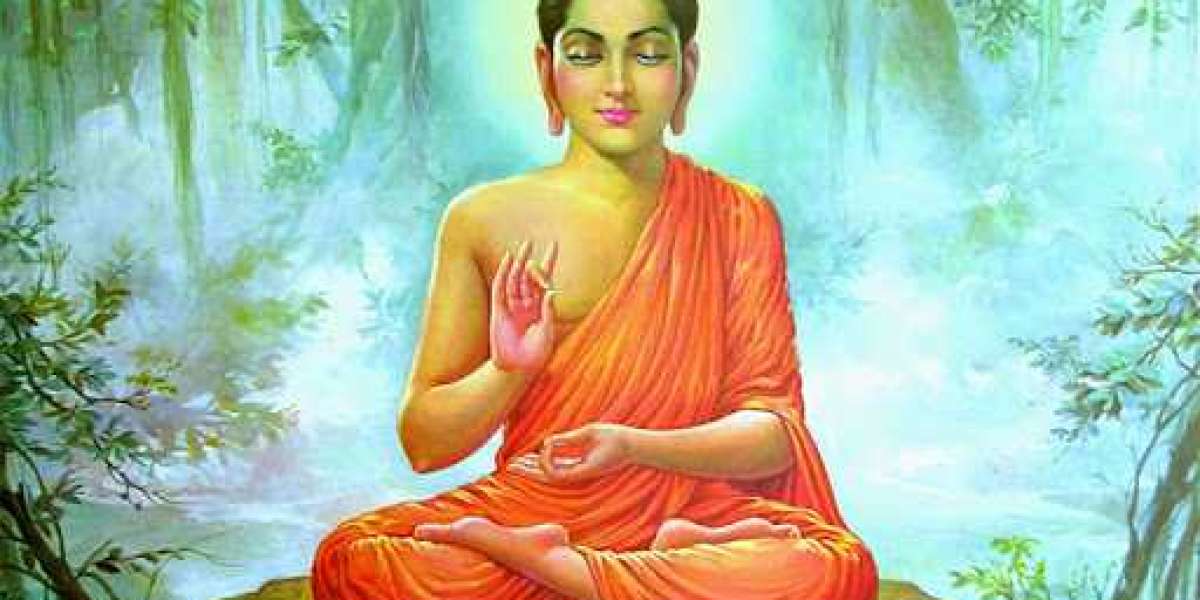Jainism has a long and complex history, with many different sects and offshoots. It is believed to have originated in India over 5,000 years ago, making it one of the oldest religions in the world. The philosophy of this religion is based on three basic principles: non-violence, asceticism and the belief that there are multiple paths to enlightenment.
History
What is the origin of Jainism? The history of Jainism is closely linked to Mahatma Gandhi, as members of the Jainist community contributed greatly to India's independence movement. Gandhi embraced the Jainist ideals of non-violence, which influenced his approach to politics. Jainism is known for its rich heritage of inclusiveness and respect for all forms of life. The Jains, who number about 4.2 million worldwide, live primarily in India and Nepal, although a diaspora exists in other parts of the world, including Europe, the United States, and Africa.
Purpose of Jainism
In Jainism, the path to enlightenment is open to all, and it is believed that the individual is responsible for his or her own salvation. This concept is reflected in the fact that Jainism allows women in power, encourages questioning authority, and has a variety of deities. Jainism believes that the soul is immortal and has intrinsic value. The ultimate goal of the faith is liberation from the karmic cycle, a state called moksha. This can be achieved by realizing one's essence, which, according to Jains, is distinct from the physical body, feelings and emotions. The ultimate liberation of the soul requires breaking the bonds that hold it in the karmic cycle, which is achieved through various rituals and practices. These include fasting, meditation, yoga and vegetarianism.
Conclusion
Jainism is an amazing and unique religion that has made significant contributions to Indian culture and society, especially in terms of ethics, morality and philosophical thought. From its beliefs about the nature of the soul to its commitment to environmental protection, Jainism has played an important role in the spiritual landscape of India and continues to influence many aspects of life in the region.



